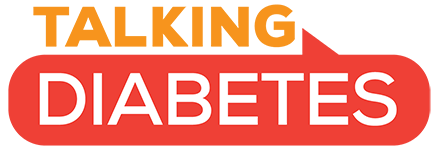4 Ways the Diabetes Patient Advocacy Coalition (DPAC) Can Help You
The Diabetes Patient Advocacy Coalition (DPAC) is an alliance of people with diabetes, caregivers, patient advocates, health professionals, diabetes organizations and companies working collaboratively to promote and support public policy initiatives to improve the health of people with diabetes. DPAC seeks to ensure the safety and quality of medications, devices, and services; and access to care for all 30.3 million Americans with diabetes.
- Affordable Access
DPAC believes that everyone in the United States should have affordable access to all medications, devices, and services to ensure healthy daily diabetes management. The organization works with the Congressional Diabetes Caucus by sharing the trusted patient voice and perspective to find solutions. It also provides model state transparency legislation and advocacy tools to help those with high deductible health plans.
- Non-Medical Switching
Non-medical switching negatively impacts patients by disrupting their care and does not generate cost savings for the patient or the insurer. Forced non-medical switching can happen in one of two ways:
- The insurer stops covering the medication or medical device, forcing patients to pay out-of-pocket for the medication/device that is already working well for them.
- The insurer increases patient co-pays, resulting in additional financial hardship for a disease that is already too expensive.
- Copay Accumulator Adjustment Programs
These programs prevent people from diabetes from using a manufacturer’s copay assistance card— coupons or discount cards provided to patients to cover high copays on brand name and specialty drugs — toward their annual deductible. By making people with diabetes take longer to meet their annual deductibles, copay accumulators reduce the number of days each year that insurers are required to fully cover a patient’s health-care expenses. If you use copay cards, check your insurance plan to see about accumulators. (You can call your insurance company if you can’t find it in the contract.)
- Competitive Bidding Program
The Centers of Medicare and Medicaid Services (CMS) instituted a Competitive Bidding Program for Diabetes Testing Supplies for Medicare beneficiaries. Instead of saving money and ensuring people with diabetes got access to trusted supplies, studies found that there were increased hospitalizations, increased costs for patients, and sadly, increased mortality in the test markets in the program. DPAC believes that CMS must exempt diabetes testing supplies from the CBP until they can employ transparent, scientific-based methodologies for monitoring the safety of patients and ensuring adequate access to supplies.
Visit DPAC to learn more and read about important issues impacting the diabetes community.
Sources:

